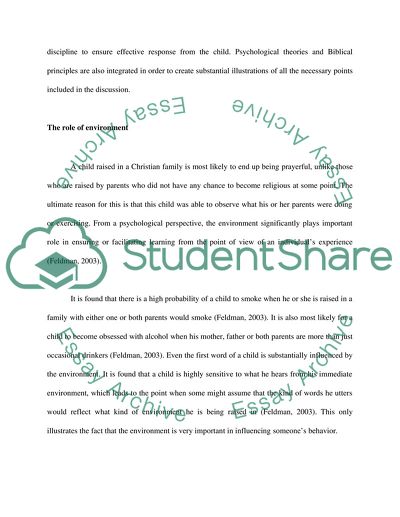Cite this document
(“Noteworthy Principles Prior to Initiating Child Discipline Research Paper”, n.d.)
Noteworthy Principles Prior to Initiating Child Discipline Research Paper. Retrieved from https://studentshare.org/social-science/1768232-child-counseling-child-discipline
Noteworthy Principles Prior to Initiating Child Discipline Research Paper. Retrieved from https://studentshare.org/social-science/1768232-child-counseling-child-discipline
(Noteworthy Principles Prior to Initiating Child Discipline Research Paper)
Noteworthy Principles Prior to Initiating Child Discipline Research Paper. https://studentshare.org/social-science/1768232-child-counseling-child-discipline.
Noteworthy Principles Prior to Initiating Child Discipline Research Paper. https://studentshare.org/social-science/1768232-child-counseling-child-discipline.
“Noteworthy Principles Prior to Initiating Child Discipline Research Paper”, n.d. https://studentshare.org/social-science/1768232-child-counseling-child-discipline.


